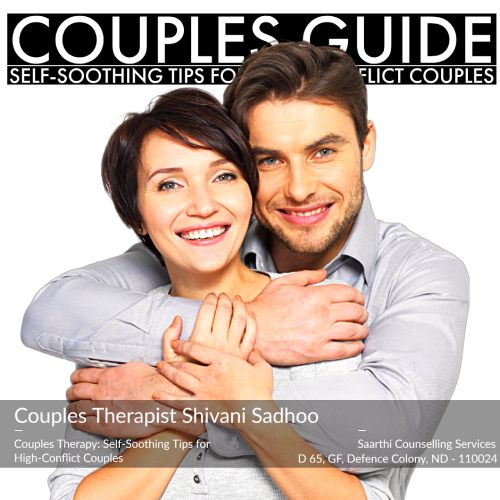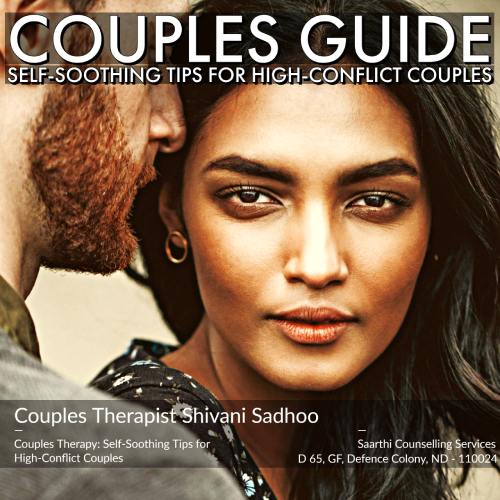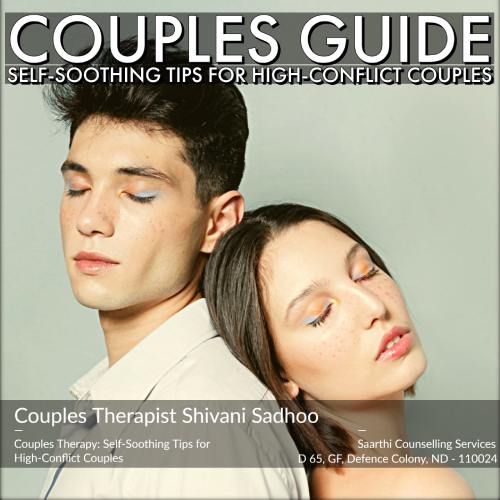Hearing someone say, “I’ve never been in a relationship,” can be surprising in a world where dating is so common. While it might seem unusual, there are many reasons why someone might not have dated before.
They might have been focused on their career, studies, or personal interests, or simply never felt the need for a relationship says relationship counselor Shivani Sadhoo.
If you’re interested in someone who has never been in a relationship, it can be both challenging and rewarding. They might be unfamiliar with relationship dynamics, including compromises, adjustments, and handling potential heartbreak.
What are some of the dating tips if he/she has never been in a relationship?
Here are some tips to help you date someone who is new to a relationship as explained by top couples therapist and relationship counselor in Delhi Shivani Misri Sadhoo in this blog.
Prioritizing Clear Communication
Effective communication is essential. Someone who has never been in a relationship might not fully grasp its importance. Guide them on how to express their thoughts and feelings openly.
Maintain clear and honest communication to avoid misunderstandings. Help them understand the crucial role that communication plays in building a successful relationship.
Be Direct and Transparent
Your partner might not be adept at picking up on subtle hints or reading between the lines.
Be straightforward about your feelings, needs, and expectations. Avoid assuming they “should know” certain things. Explain the meanings behind gestures and actions clearly, but do so gently and without aggression.
Appreciate Their Efforts
Recognize and value their attempts to show affection, whether big or small. They might overdo or underperform in their efforts.
Help them understand that small gestures often hold more significance than grand displays. Positive reinforcement will encourage them to keep expressing their love in meaningful ways.
Establish and Respect Boundaries
Boundaries are crucial in any relationship, but someone new to dating might not fully understand this.
Explain the importance of respecting each other’s space and limits. Help them establish and respect boundaries to create a healthy and balanced relationship.
Ignore External Intrusions
Friends and peers might be overly curious or intrusive about their new relationship status.
This can be irritating, but try to ignore it. If it becomes overwhelming, discuss it with your partner and suggest they address it with their friends.
Combat Self-Doubt
It’s natural for someone new to relationships to experience self-doubt. They might wonder why they haven’t been in a relationship before or why you are interested in them.
Reassure them and focus on the present rather than their past. Encourage self-confidence and affirm their worth.
Maintain Humility and Balance
Avoid letting your relationship experience create an imbalance. Never think or say that you are an expert while they are inexperienced.
This attitude can undermine your relationship. Approach the relationship with humility and a willingness to learn together.
Handle Conflicts Maturely
Disagreements are normal, but your partner might not know how to handle conflicts in a relationship.
Help them understand that arguments are a part of any relationship and that resolving them healthily is important. Practice patience and model mature conflict resolution.
Approach Future Talks Gradually
Your partner might eagerly discuss future plans early on, not realizing that relationships typically progress gradually.
Gently explain that it’s important to let things develop naturally over time. Teach them to enjoy the journey without rushing into future commitments.
Discuss Public Displays of Affection (PDA)
Discuss your comfort levels with a PDA. They might be overly enthusiastic or hesitant about displaying affection in public.
Communicate openly about what works for both of you and find a middle ground that respects each other’s boundaries.
Dating someone who has never been in a relationship can be challenging, but with patience and understanding, it can also be a rewarding experience.
By focusing on clear communication, setting boundaries, and appreciating their efforts, you can help them navigate the complexities of a relationship. Remember, it takes time for someone new to relationships to learn and adapt, so be supportive and enjoy the journey together.




















